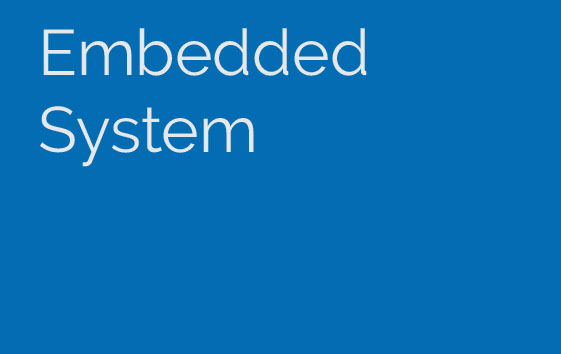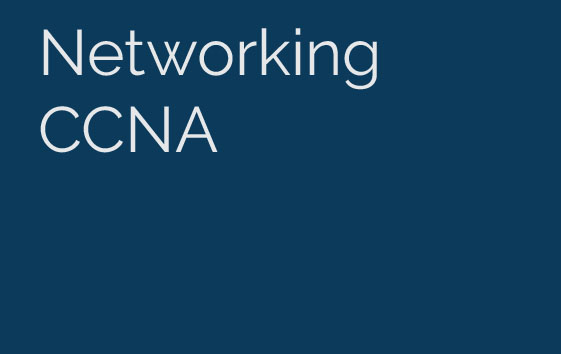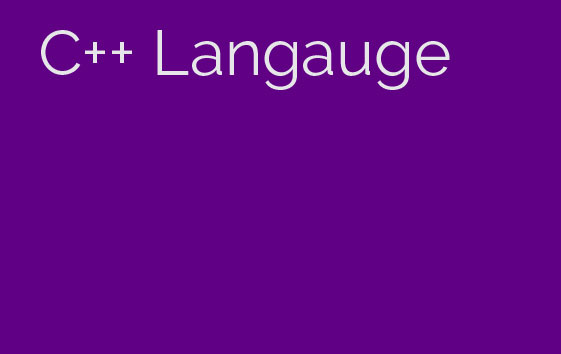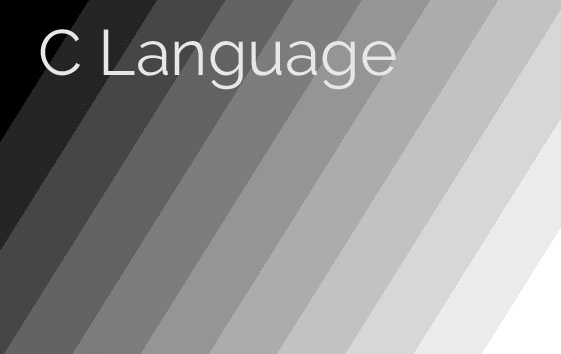C++ Language >>
C++ is a statically typed, free-form, multi-paradigm, compiled, general-purpose programming language. It is regarded as an intermediate-level language, as it comprises a combination of both high-level and low-level language features. C++ is an "object oriented" programming language created by Bjarne Stroustrup and released in 1985. It implements "data abstraction" using a concept called "classes", along with other features to allow object-oriented programming.
Parts of the C++ program are easily reusable and extensible ; existing code is easily modifiable without actually having to change the code. C++ adds a concept called "operator overloading" not seen in the earlier OOP languages and it makes the creation of libraries much cleaner. The language began as enhancements to C, first adding classes, then virtual functions, operator overloading, multiple inheritance, templates, and exception handling among other features. C++ was designed for the UNIX system environment, it represents an enhancement of the C programming language and enables programmers to improve the quality of code produced, thus making reusable code easier to write.
C++ is one of the most popular programming languages with application domains including systems software, application software, device drivers, embedded software, high-performance server and client applications, and entertainment software such as video games. C++ is also used for hardware design, where the design is initially described in C++, then analyzed, architecturally constrained, and scheduled to create a register-transfer level hardware description language via high-level synthesis.
Before going through C++ live project training candidate should have knowledge of given concepts listed below:
- Strong Knowledge C Programming
- Basic knowledge of Programming Structure
- Basic knowledge programming Algorithm
What will u Become
- C++ Developer
- C++ Programmer
C++ Langauge course can be completed within 3 to 4 month with practical and theoretical knowledge.
Course Software Requirements
- Turbo C or C++
- Dev-C++
- Visual C++
Before going through this course candidate can also refer these below websites link for online course:
Eligibility:
- Bachelor Degree Candidates
- Anyone who is looking to learn C Programming
- Engineering students
- Class XII Students
- Advance Learners
- How C became
- Getting to know the GNU C compiler
- The basic anatomy of a C program
- Base data types and their sizes
- Constants and declarations
- Variable names
- Arithmetic operators
- Relational and logical operators
- Increment and decrement operators
- Increment and decrement operators
- Assignment operators
- Expressions
- Operator precedence
- Casting and type conversion
- if - elset
- switch
- while , do-while and for-loops
- Statements and blocks
- Functions and function prototypes
- Returning values from functions
- External variables and scope rules
- Static variables
- call by value and recursion
- Pointers and addresses
- Pointers as arguments to functions
- Arrays
- The relationship of pointers and arrays
- Pointer arithmetic
- How C deals with multi-dimensional arrays
- Arrays of pointers - their uses and initialisation
- Strings and string functions
- Fundamentals of structures
- Checking for Failure with File Commands
- Character Input and Output
- Input using "get()"
- Output using "put()"
- The "putback()" Function
- Checking for the End of an Input File
- Streams as Arguments in Functions
- Input and Output Using ">>" and "<<"
- Boolean Values, Expressions and Functions
- "For", "While" and "Do ... While" Loops
- Multiple Selection and Switch Statements
- Blocks and Scoping
- A Remark about Nested Loop Statements
- The Basic Idea and Notation
- Declaring an array
- Assignment Statements and Expressions with Array Elements
- Arrays as Parameters in Functions
- Sorting Arrays
- Two-dimensional Arrays
- Strings
- The Sentinel String Character '\0'
- String Variable Declarations and Assignments
- Some Predefined String Functions
- String Input using "getline()"
- Introducing Pointers
- Declaring Pointers
- Assignments with Pointers Using the Operators "*" and "&"
- The "new" and "delete" operators, and the constant "NULL"
- Array Variables and Pointer Arithmetic
- Dynamic Arrays
- Passing structures as arguments to functions
- Returning structures as return values from functions
- Arrays of structures
- Pointers to structures
- Using pointers to structures to pass values to a function and return values from a function
- Typedef and its uses in developing well structured and maintainable code
- Standard input and standard output
- Formatted output - printf
- Formatted input - scanf
- The dangers of scanf
- File access and file I/O
- An overview of input-output in a windowing environment
- The MACRO pre-processor and how to use it wisely
- Unions
- Bit fields
- Date and Time functions in the C Standard Library
- Diagnostics- the assert macro
- INHERITANCE
- Polymorphismnd Updating Records
- Some Remarks about Programming
- The Origins of C++
- ANSI C++
- The C++ Programming Environment in UNIX
- Automatic and Dynamic Variables
- Linked Lists
- The "." and "->" Operators
- Creating a Linked List
- Printing a Linked List
- The Basic Idea
- A Simple Example
- The Mechanics of a Recursive Call
- Recursion and Iteration
- Recursive Data Structures
- Quick Sort - A Recursive Procedure for Sorting
- Sorting arrays of records
- Allocating and freeing memory (malloc and free)
- Linked lists and queues
- Indexing (table lookup, binary trees, hashing)
- Hash function
- Address calculation techniques, Common hashing functions
- Collision resolution
- Linear probing, Quadratic
- Double hashing
- Bucket hashing
- Deletion and rehashing
- Stacks: LIFO structure, create, POP, PUSH, delete stack
- Queues: FIFO structure Priority Queues, Circular Queues, operations on Queues
- Linear List Concept
- An Example C++ Program
- Very Simple Input, Output and Assignment
- Simple Flow of Control
- Preliminary Remarks about Program Style Variables, Types and Expressions
- Integers
- Real numbers
- Type Casting
- Characters
- Strings
- User Defined Data Types
- Enumerations
- Where to put Constant and Variable Declarations
- Shorthand Arithmetic Assignment Statements
- Boolean Expressions and Operators
- Constructors, Assignment, and Destructor
- Templates
- The Need for Sub-programs
- User-defined Functions
- Value and Reference Parameters
- Functions which use Value Parameters are Safe
- Polymorphism and Overloading
- Procedural Abstraction and Good Programming Style
- Splitting Programs into Different Files
- Why Use Files?
- Streams
- Creating Streams
- Connecting and Disconnecting Streams to Files
- Basic algorithms ReheapUp, ReheapDown, Build heap, Insert, Delete
- M-way search trees
- B-Trees
- Insertion (Insert node, Search node, Split node, Insert entry)
- Deletion
- List v/s Array, Internal pointer & External pointer, head, tail of a list, Null list, length of a list
- Linked Lists
- Nodes, Linked List Data Structure
- Nodes, Linked List Data Structure
- Linked Lists algorithms
- Create List
- Insert Node (empty list, beginning, Middle, end)
- Search list
- Retrieve Node, add node, Remove node, Print List
- Append Linked List, array of Linked Lists
- Header nodes
- Circularly-Linked List
- Doubly Linked List
- Insertion, Deletion
- Multilinked Lists
- Insertion, Deletion
- Binary Treesinked List
- Travesals (breadth-first, depth-first)
- Expression Trees
- (Infix, Prefix, Postfix Traversals)
- General Trees
- Search Trees
- Binary Search Trees
- Structure












